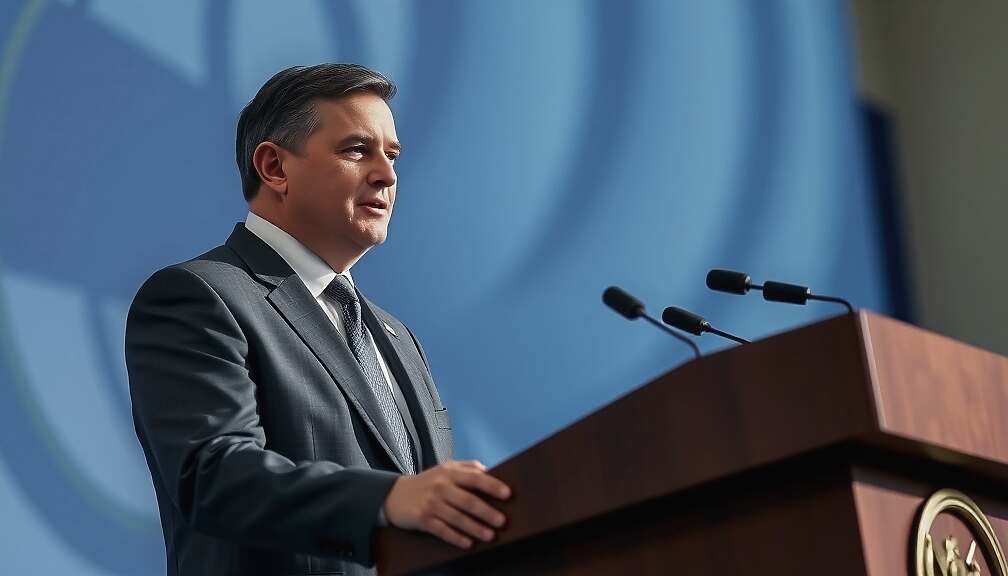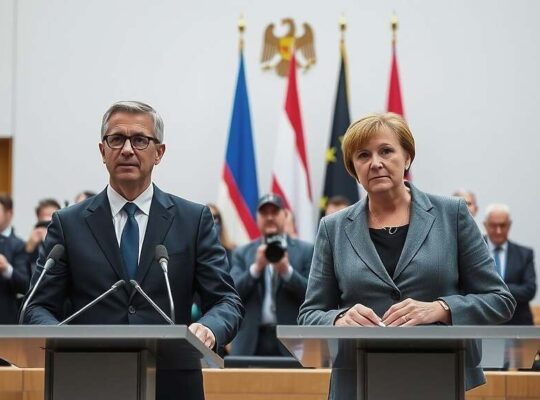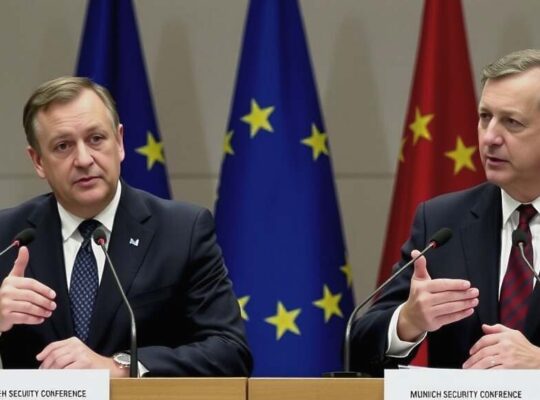The German government is considering increasing funding for humanitarian aid within the upcoming federal budget, a move championed by Foreign Minister Johann Wadephul. Addressing concerns about Germany’s role on the global stage, Wadephul emphasized that safeguarding national interests requires investment and that the cost of inaction is considerably higher.
During budget deliberations, officials will examine the possibility of bolstering investment in Germany’s international interests. Wadephul argued that humanitarian efforts and German interests are inextricably linked, offering a shared path towards crisis prevention and mitigating potential refugee flows. He highlighted the importance of comprehensive collaboration, stating it aligns with these goals.
The minister acknowledged a concerning withdrawal of support from other nations, particularly the United States, which is impacting the United Nations’ capacity. He stressed that Germany, as one of the world’s leading donor nations, cannot exacerbate the situation. While not seeking to replace the U.S., Wadephul believes strategic increases in funding are warranted where beneficial.
Wadephul specifically underscored the value of investing in a rules-based international order. He suggested that the withdrawal of engagement by other countries presents significant opportunities for Germany. These openings can be exploited through enhanced security cooperation, strengthened supply chains for vital resources like rare earth minerals, the identification of new trade partners and the expansion into emerging markets.
The current budget proposal presented by Finance Minister Lars Klingbeil projects outlays of €1.4 billion for humanitarian aid and crisis prevention through the Foreign Ministry for the next fiscal year. This figure is slightly lower than the expenditure recorded this year. Additionally, planned spending on “contributions to the United Nations and in the international sphere” is projected at approximately €961 million, a reduction of roughly €84 million compared to the current year.
Furthermore, the Development Ministry has already experienced substantial cuts within the existing budget. This year, its budget has decreased by approximately one billion euros to €10.3 billion, with an additional reduction of over €300 million planned for the upcoming year.












